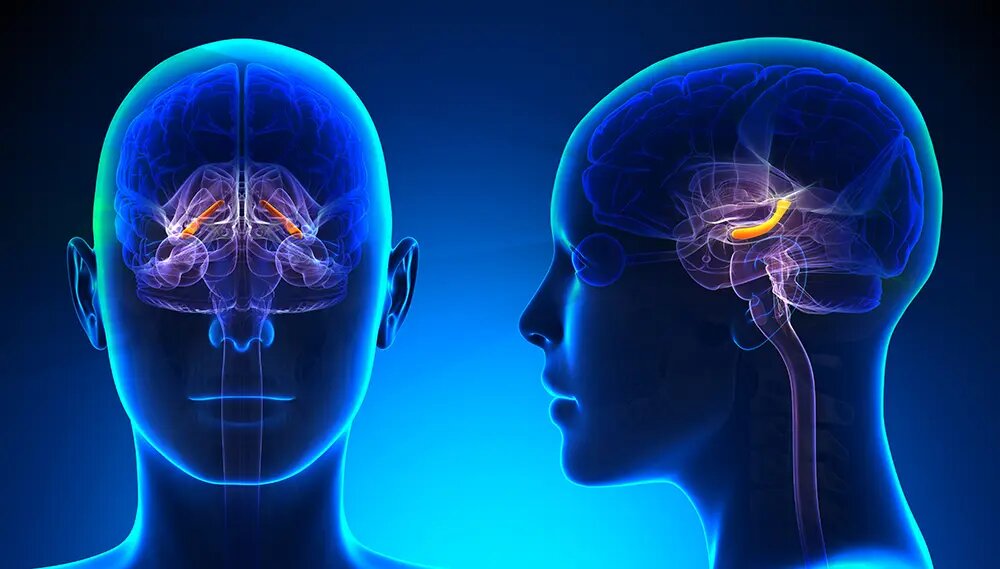Scholars at the University of Edith Cowan in Australia have warned that acute stress can weaken key brain functions in regulating emotions, particularly in individuals with mental disorders such as depression, anxiety, and borderline personality disorder.
The findings of this study, based on a comprehensive review of 17 international studies, indicate that severe stress can disrupt executive brain functions, including working memory, impulse control, and cognitive flexibility, which play a crucial role in managing daily emotions.
According to Tee-Jay Scott, senior researcher of the study, “Working memory is most affected in individuals with depression in stressful situations, while individuals with borderline personality disorder experience significant impairment in their ability to regulate impulses and respond appropriately.”
Professor Joanne Dickson, a professor of psychology and colleague of the project, emphasized that these findings can inform the optimization of therapy methods such as cognitive-behavioral therapy (CBT), as the effectiveness of these treatments largely depends on the health of cognitive functions.
### ضرورت بازنگری در مداخلات درمانی
Researchers suggest that treatments should be designed to strengthen executive brain functions in individuals who are particularly vulnerable to stress. Alternatively, initial interventions to address stress should be considered before starting primary treatment.
This study also highlights the importance of early identification of psychological symptoms, even in mild cases, to prevent the severity of mental health damage through timely intervention.
Dariush Arab Zouzani, a reporter for the Health News Agency, has written this article.
### اینچهبریم
بازنگری در مداخلات درمانی برای غربالگしの زودهنگام
علاوه بر مناطق مورد مطالعه این گزارش، باید نسبت به اضطراب افسردگی و نقش عوامل محیطی در نقشهای استرسزا در حوادث حادی توجه کرد.
